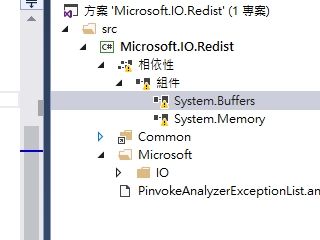I have always wondered why you cannot use locally defined classes as predicates to STL algorithms.
In the question: Approaching STL algorithms, lambda, local classes and other approaches, BubbaT mentions says that 'Since the C++ standard forbids local types to be used as arguments'
Example code:
int main() {
int array[] = { 1, 2, 3, 4, 5, 6, 7, 8, 9, 10 };
std::vector<int> v( array, array+10 );
struct even : public std::unary_function<int,bool>
{
bool operator()( int x ) { return !( x % 2 ); }
};
std::remove_if( v.begin(), v.end(), even() ); // error
}
Does anyone know where in the standard is the restriction? What is the rationale for disallowing local types?
EDIT: Since C++11, it is legal to use a local type as a template argument.
It's explicitly forbidden by the C++98/03 standard.
C++11 remove that restriction.
To be more complete :
The restrictions on types that are
used as template parameters are listed
in article 14.3.1 of the C++03 (and
C++98) standard:
A local type, a type with no linkage,
an unnamed type or a type compounded
from any of these types shall not be
used as a template-argument for a
template type-parameter.
template <class T> class Y { /* ... */ };
void func() {
struct S { /* ... */ }; //local class
Y< S > y1; // error: local type used as template-argument
Y< S* > y2; // error: pointer to local type used as template-argument }
Source and more details : http://www.informit.com/guides/content.aspx?g=cplusplus&seqNum=420
To sum up, the restriction was a mistake that would have been fixed sooner if the standard was evolving faster...
That said today most last versions of common compilers does allow it, along with providing lambda expressions.
The restriction will be removed in '0x, but I don't think you'll be using them very much. And that's because C++-0x is going to have lambdas! :)
int main() {
int array[] = { 1, 2, 3, 4, 5, 6, 7, 8, 9, 10 };
std::vector<int> v( array, array+10 );
std::remove_if( v.begin()
, v.end()
, [] (int x) -> bool { return !(x%2); })
}
My syntax in the above may be not be perfect, but the general idea is there.



